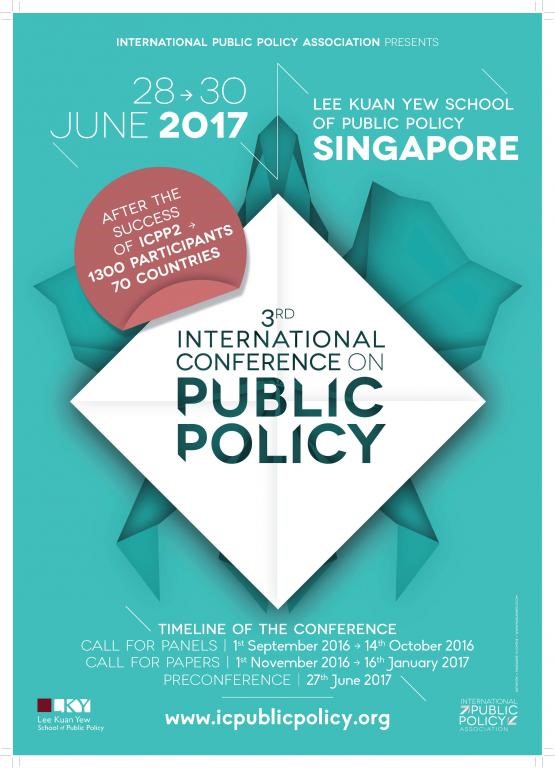چكيده
In recent decades, governments have changed their growth and development models in order to maintain and strengthen their global economic status; they all follow a unit objective which is highly skilled and professional workforce to attain economic growth. Therefore, skills development receives a great attention in development discourses in recent years. In Iran, like other parts of the world, some problems such as job deficiencies, skills shortages, local needs ignorance, improper regional development programs, and skills mismatch highlighted the importance of skills development more than ever. Governance of this area is highly complex due to the inter-sectorial nature of skills development and plurality of the actors. Thus an appropriate functional model is required to help government in decision making processes. This article tries to present an inclusive functional framework for Iran’s skills sector by reviewing the functional components in governance area: policymaking, regulation, facilitation, and service provision. After presentation the institutional mapping of Iran’s skills system and diagnosing through reviewing the related acts, regulations, and laws and fact-finding interviews, some parameters to empower the system are discussed.
Keyword: skills system governance, governance framework, national skills system, governance functions, institutional mapping
